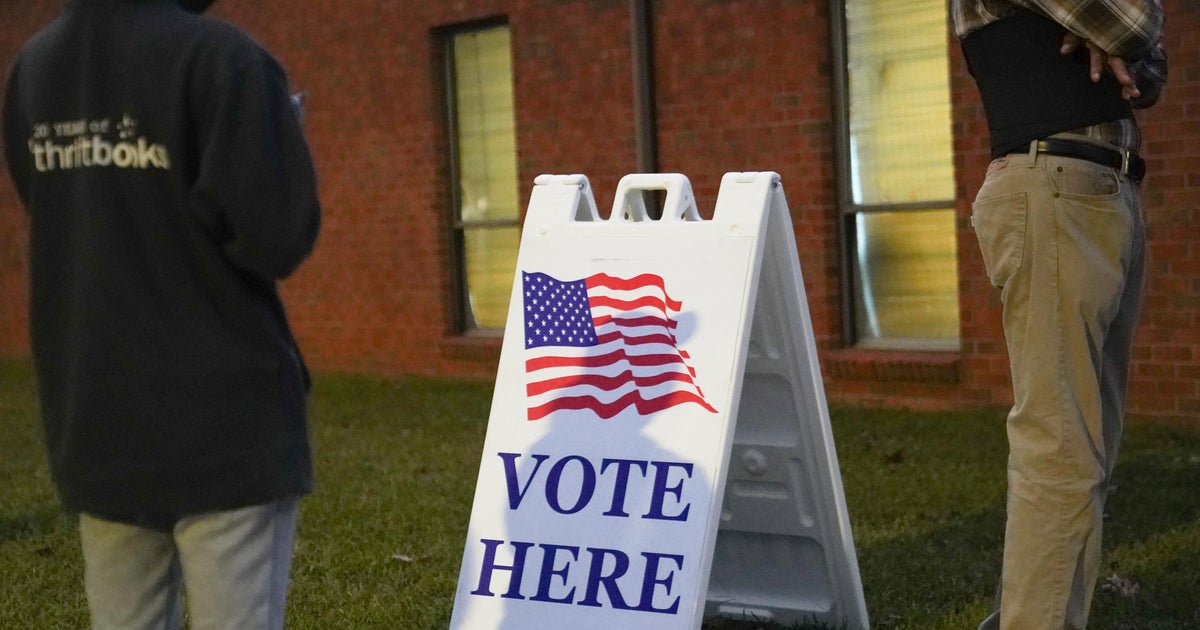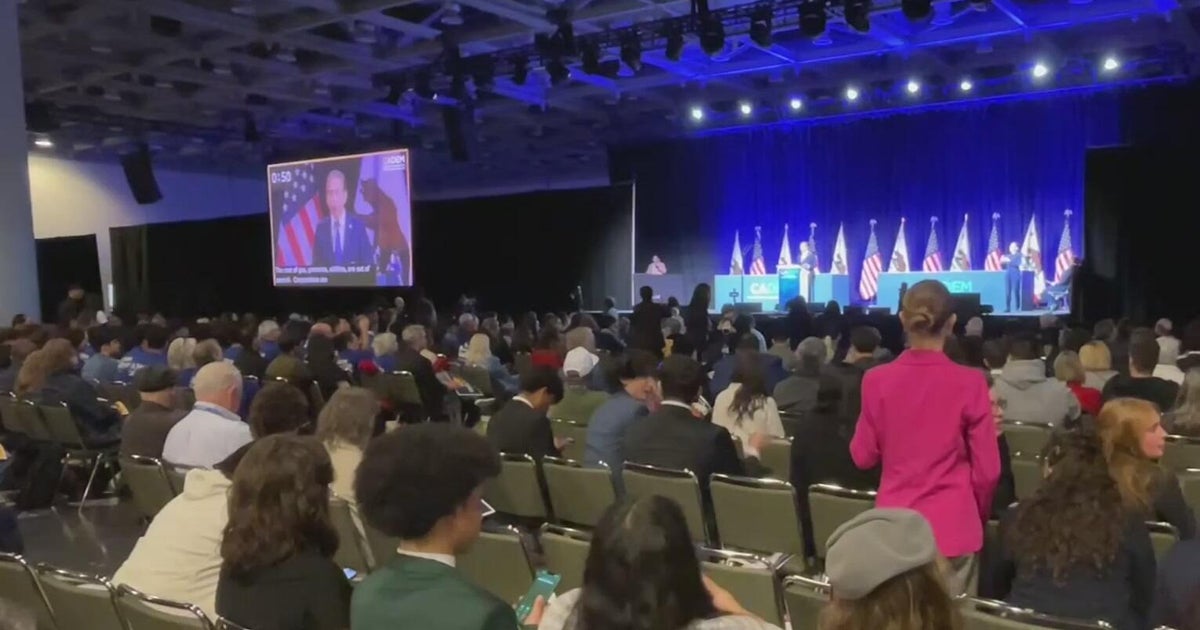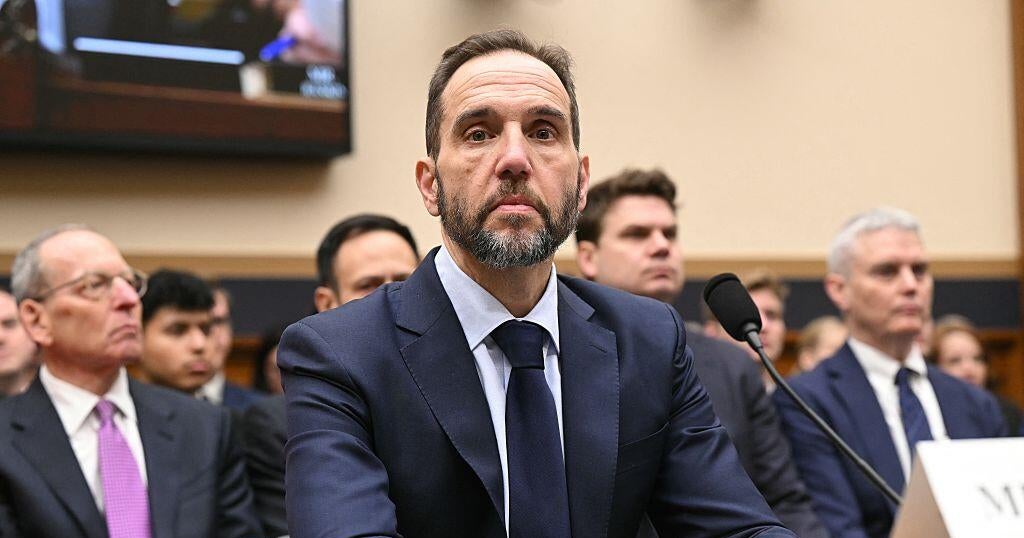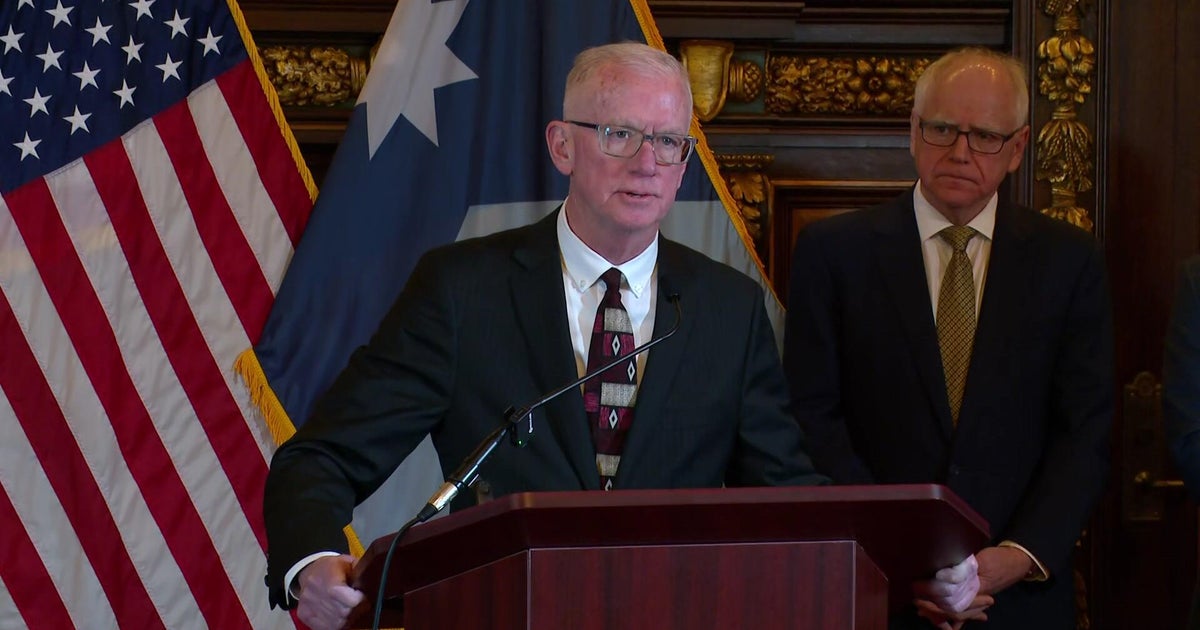Aid for Ukraine and Israel, possible TikTok ban pass Senate
Washington — The Senate passed a major foreign aid package Tuesday that includes a provision that could lead to a ban on TikTok after a monthslong back and forth with the House over the assistance.
After the House approved the $95 billion in foreign aid in the form of four individual bills over the weekend, the legislation came to the Senate as a single package, where it passed in a bipartisan vote of 79-18.
In a statement following its passage, President Biden said he will sign the bill Wednesday.
"I will sign this bill into law and address the American people as soon as it reaches my desk tomorrow so we can begin sending weapons and equipment to Ukraine this week," Mr. Biden said. "The need is urgent: for Ukraine, facing unrelenting bombardment from Russia; for Israel, which just faced unprecedented attacks from Iran; for refugees and those impacted by conflicts and natural disasters around the world, including in Gaza, Sudan, and Haiti; and for our partners seeking security and stability in the Indo-Pacific."
The package includes $60.8 billion in aid for Ukraine, $26.4 billion to support Israel, along with humanitarian aid for Gaza, and $8.1 billion for allies in the Indo-Pacific. It also includes provisions to allow the sale of frozen assets of Russian oligarchs to help fund future aid to Ukraine, along with a measure that would force the sale of TikTok within a year, or ban the app in the U.S.
TikTok, a widely popular video-sharing app owned by a China-based company, has been under fire by U.S. officials for years amid warnings that China's government could gain access to its data and use it to spy on or manipulate Americans. But a renewed push targeting the app gained momentum in Congress in recent months, making its way into the massive foreign aid package.
The Senate took a key procedural vote on the package Tuesday afternoon, returning from a scheduled recess to do so. With 80 in favor and 19 votes opposed, the Senate voted to overcome a filibuster, solidifying support for the package.
"We're feeling really good," Senate Majority Leader Chuck Schumer said following the vote. "You know, it's not every day you can say you made the world truly a better place. But I think the Senate can say that tonight. And I'm very proud of what has happened...Tonight, we make Vladimir Putin regret the day he questioned America's resolve."
Schumer said he also left a voicemail for Ukrainian President Volodymyr Zelenskyy in which he said, "OK, we got it done. Now go win the fight."
The New York Times reports that, as Schumer was ushering the measure to final passage in Washington, a large group of demonstrators gathered about a block from his home in Brooklyn. The New York Police Department told CBS New York it detained 209 people. The Times says most were allegedly blocking traffic.
The Times says the demonstration was organized by a group called Jewish Voice for Peace. Reuters says it was presented as a "seder on the street" on the second night of the week-long Jewish feast of Passover.
Schumer is the highest elected Jewish American.
A long push for foreign aid
Approving the foreign aid has been a key priority for the White House and many in Congress since last fall. This week's actions are expected to finally bring the effort to a close, after months of dispute, as Republicans pursued a number of avenues to extract a more favorable GOP outcome from the administration's push.
When the White House sought additional aid for Ukraine in its war against Russia, it was former House Speaker Kevin McCarthy who first insisted on tying those funds to border security measures in the final days of his speakership more than six months ago, stalling its path forward absent an agreement on one of the most intractable issues in Congress.
Months later, after the GOP had coalesced around the idea that Ukraine aid and border security should be linked, a bipartisan group of senators managed to negotiate an aid package that included border security provisions. But at former President Donald Trump's insistence, Republicans largely rejected it. At the time, Democrats accused the GOP of refusing to address the border, given the opportunity, because doing so could eliminate a key campaign issue for the former president.
Without Republican support for the Senate-negotiated foreign aid and border security legislation, the upper chamber moved forward with the aid absent the immigration components. But after the Senate passed the package in February, Speaker Mike Johnson refused to bring it to the House floor, pledging that the lower chamber would find its own path forward.
On Saturday, the chamber finally did. In a package of bills that ultimately looked very similar to the Senate-passed foreign aid, the House approved the funds, while a separate border security measure fell short. And although the legislation featured components aimed at making it more palatable to Republicans — like offsetting the Ukraine aid with a partial loan structure and allowing the sale of Russian oligarch's frozen assets — more Democrats ended up supporting the measures.
The aid had taken on new urgency after an unprecedented airstrike by Iran against Israel earlier this month and amid dire shortages in Ukraine in its continued war against Russia. Johnson, who voted against Ukraine aid as a rank-and-file member, appeared to have a change of heart, speaking boldly about the chamber's responsibility in recent days and calling the aid "critically important" after months of appearing lukewarm on the issue.
In a move that underscores the urgency around getting assistance to Ukraine, the Biden administration is preparing to send a roughly $1 billion weapons package to Ukraine after the president signs the foreign aid package, three U.S. officials confirmed to CBS News. It's expected to include more artillery, air defense munitions, and armored vehicles, two of the officials said.
Eleanor Watson contributed reporting.







